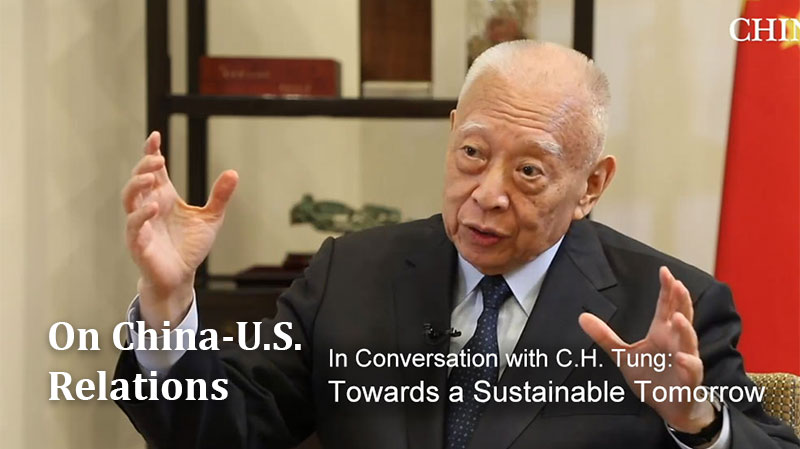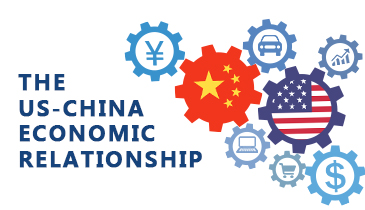
Wang Fan, Vice President, China Foreign Affairs University
Nov 06, 2017
The tone of Chinese diplomacy will be determined by domestic requirements. China needs a peaceful external environment to concentrate on its own development.

Hu Angang, Director, Tsinghua National Research Center
Nov 06, 2017
In the past few years, China has carried the world economically, and in the next few years, China will carry the world environmentally. The more China prospers, the more the world will gain.
Nov 06, 2017
At China's 19th Party Congress, the rest of the world's eyes and ears were fixed on how president Xi Jinping described China's role in the global order and his

Shaun Tan, Writer
Nov 03, 2017
The power of America’s example has been eroded at home by both the far left and the far right. For its own sake, as well as for the rest of the world, that example must endure.
Nov 01, 2017
China's 19th Party Congress has finally wrapped up and the much anticipated new leadership was announced. Xi Jinping has been very much the focus of coverage in

Qin Xiaoying, Research Scholar, China Foundation For Int'l and Strategic Studies
Oct 31, 2017
Media attention on the 19th CCP Congress has focused on the changes Xi Jinping announced. But also important are the things he said haven’t changed.

Minxin Pei, Tom and Margot Pritzker ’72 Professor of Government , Claremont McKenna College
Oct 31, 2017
Only two previous Chinese leaders, Mao Zedong and Deng Xiaoping, have had their personally branded ideology enshrined in the CPC’s charter. Though there is a paradox: though the CPC’s internal power dynamics haven’t change much in the last few decades, Chinese society has moved far beyond the Maoist or even the Dengist era. Few Chinese, including members of the party, genuinely believe in any official doctrine. Economically, the private sector accounts for more than 60% of China’s output, and the CPC has become practically irrelevant in the daily lives of ordinary Chinese.

Brantly Womack, Professor, University of Virginia
Oct 30, 2017
Jinping has started his second term by announcing a new era in Chinese politics, and evidently part of the new era is to leave open the question of his successor in 2022. No one on the new PBSC is young enough to meet the age requirement for successor, though there are several possibilities in the full Politburo. Does this mean that Xi plans to break precedent and take a third term himself?

Lea Shih, Research Associate, Mercator Institute for China Studies
Oct 27, 2017
What is the overarching trend of Xi Jinping’s appointments? Put simply, the technocrats are back and have taken over key positions in China’s economic development strategy. But this time they no longer come from traditional industries such as the petroleum or mechanical engineering, but from high-tech industries or the so-called strategic new industries.

Lu Chen, Consultant, United Nations
Oct 26, 2017
On October 12th, the U.S. announced its retreat from the UN's world heritage body, UNESCO. Since Trump took office, the United States has already announced its withdrawal from the Trans Pacific Partnership and the Paris climate agreement. Given the expansiveness of this series of exits, the fundamental reason for America’s pull-out from UNESCO is likely not due to its purported dissatisfaction with UNESCO’s mechanisms, but deep-seated isolationism in American culture.
Society & Culture

